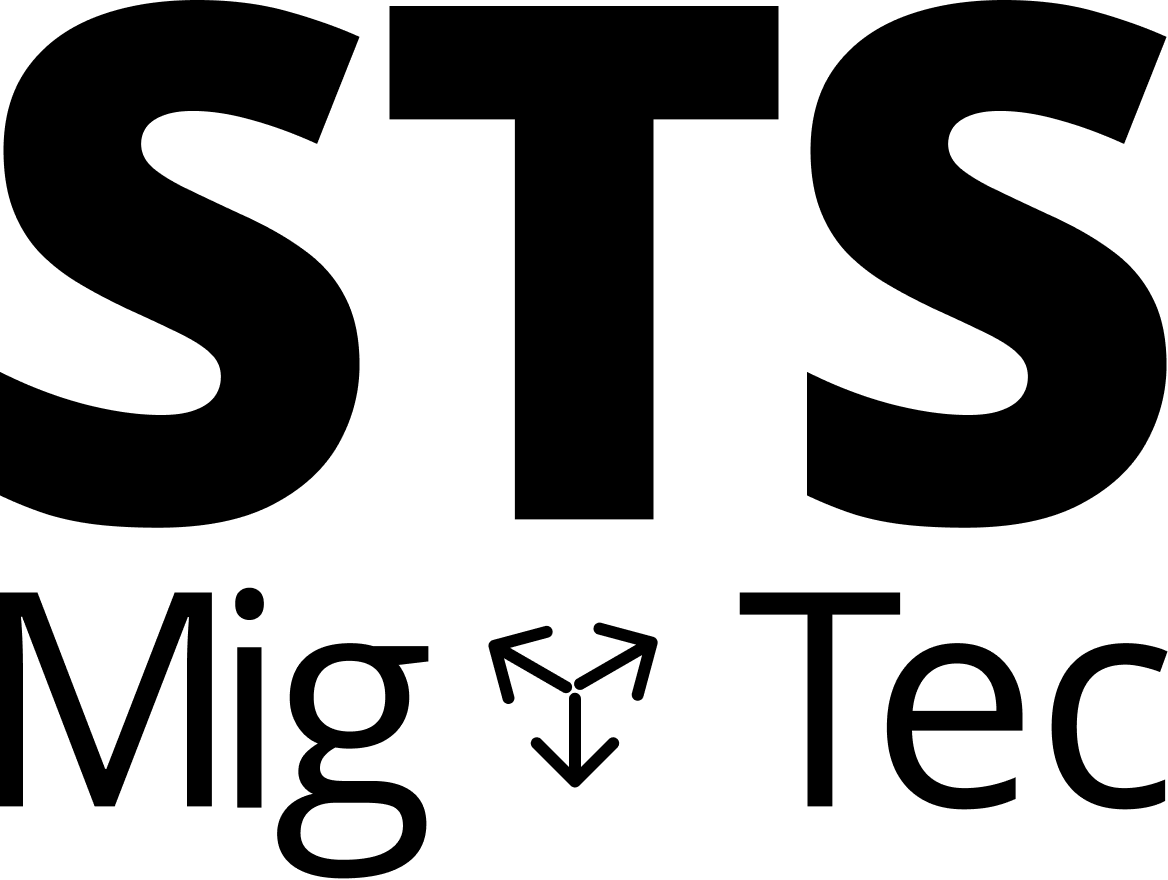Abstract
During my fellowship stay at the Netherlands Institute of Advanced Studies (NIAS, september ’20 – June ’21), I will work on a monograph titled “Digital migration”. With digital migration studies I refer to an interdisciplinary research area emerging at the intersections of media, migration and technology studies.
Digital migration addresses ontological implications of the growing digitization and datafication of human mobilities within countries and across borders. It is also concerned with epistemological, methodological and ethical questions emerging from digitally studying these mobilities. Ontology, epistemology, and ethics are inherently related as “migrants” come into being as a category through spatial, legal, symbolic and technological moves including crossing borders, work visas, refugee status determination and monitoring, surveillance and control.
In the book I address digital migration from the following perspectives: histories, infrastructures; connectivities; identities and representation; human rights; health. In particular I will seek to explore 1) how digital migration includes some and excludes other mobile subjects; 2) how different scholarly disciplines address migration and the digital and 3) what methodological concerns and ethical questions emerge when studying mobility through the digital. In this talk I hope to share my main argument, as well as main doubts.
Digital migration – work in progress
Koen Leurs (Department of Media and Culture Studies at Utrecht University)
About the event series
STS-MIGTEC Circle is a small format which serves to reflect jointly on work-in-progress contributions related to the themes of interest to STS MIGTEC. The idea is to create a safe space for probing and experimenting with ideas, arguments, attempts of analysis, sense-making of empirical material. It’s the right space for you if you already invested substantial energy and dedication into that work, but you still feel the piece to be raw and fragile. We invite individual scholars – of all career stages – to take other interested scholars on board to jointly reflect and discuss with care and constructive feedback.
